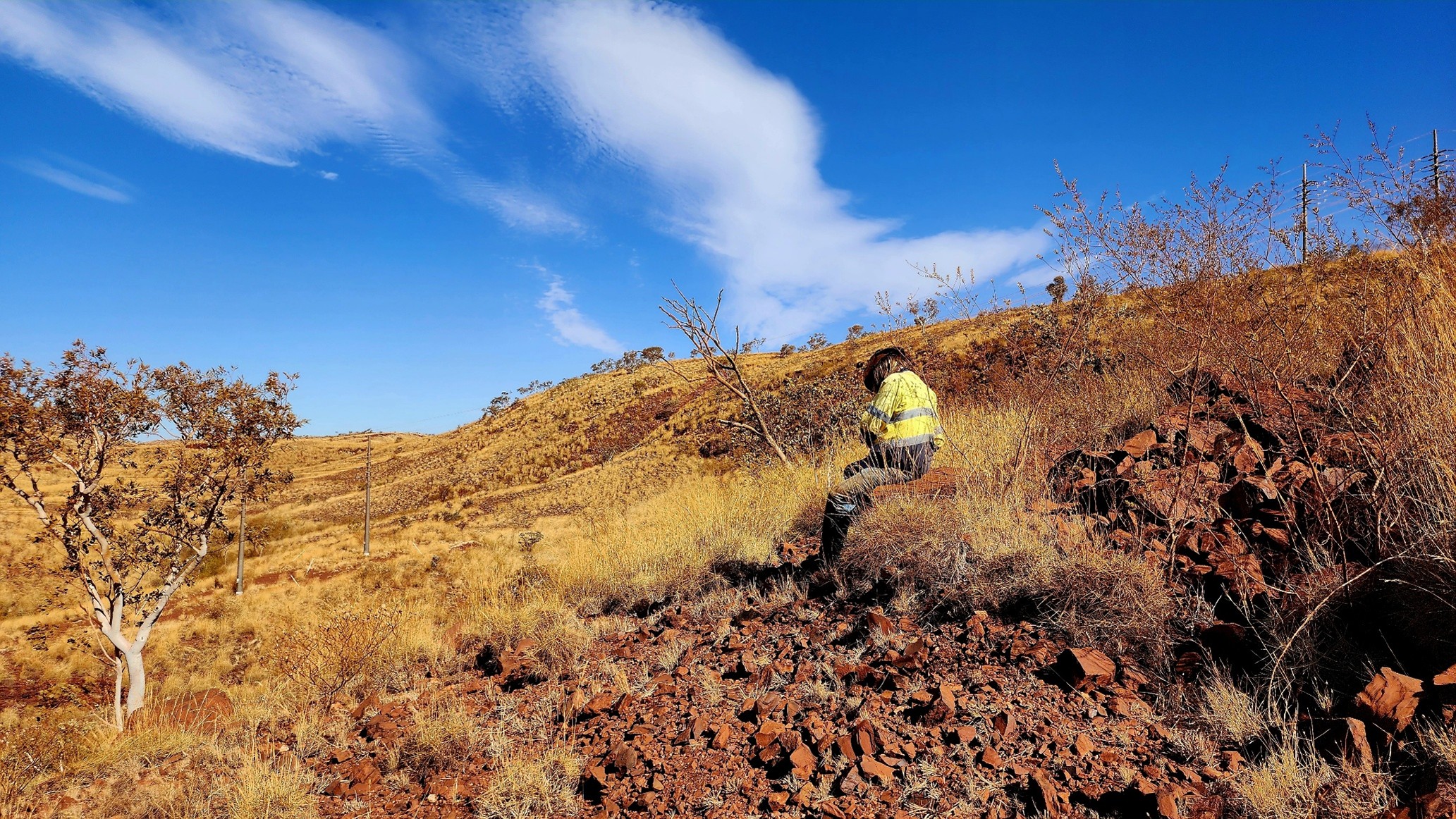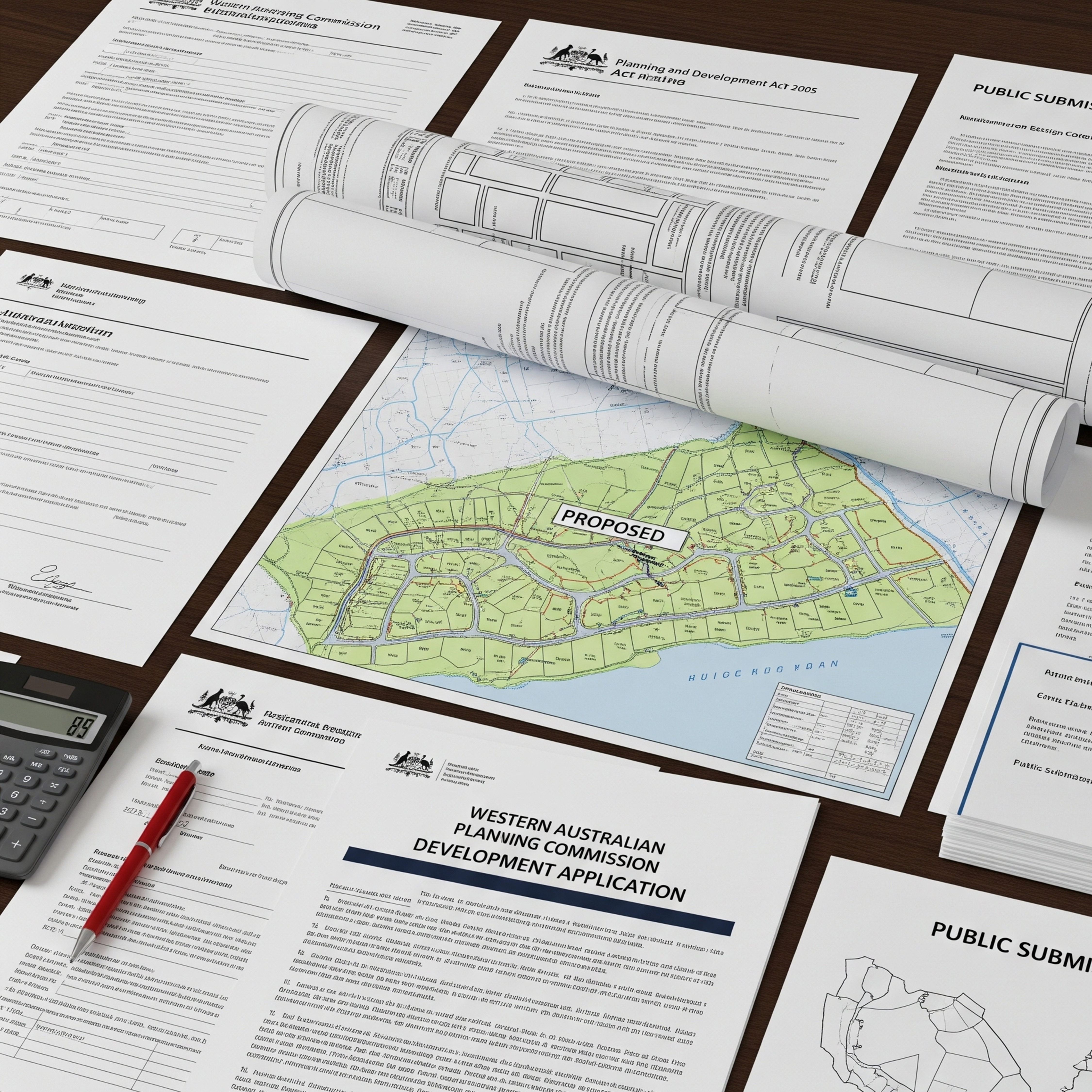What is a Heritage Approval?
Heritage approval is a legal requirement in Western Australia that ensures any development respects and preserves Aboriginal cultural heritage. This process involves assessing whether activities will impact known heritage sites and engaging with the relevant Aboriginal parties.
Benefits of Engaging with Heritage Consultants
Working with heritage consultants in Perth can significantly streamline the process. Heritage professionals bring expertise in archaeology, anthropology, and heritage management, to help organisations meet compliance requirements efficiently and respectfully. They conduct Aboriginal heritage surveys and manage interactions with Native Title parties, ensuring a smooth pathway to obtaining necessary approvals.
Step-by-Step Heritage Approvals Process
Step 1 – Review of Information
The initial step is to conduct a thorough review of any available information regarding the potential presence of Aboriginal cultural heritage within the project area. This involves accessing the Aboriginal Cultural Heritage Inquiry System (ACHIS) to identify any known Aboriginal Heritage Places. This database provides a preliminary understanding of the landscape and its cultural significance.
Step 2 – Contact the Native Title Party
Once the landscape has been assessed, the landowner must engage with the Native Title Party. This involves providing detailed information about the proposed activities, which may be presented as a heritage notice or a request for cultural advice.
To find contact details for the relevant Native Title Party, you can visit:
After reviewing the heritage notice, the Native Title Party will advise on the next steps, which may include entering into a heritage agreement.
Step 3 – Consultation
Effective engagement and consultation with the relevant Aboriginal people is fundamental to understanding the significance of Aboriginal heritage and the potential for harm to Aboriginal heritage places by the proposed land use. Aboriginal heritage surveys are one method to identify the presence and extent of cultural heritage. The Native Title Party will determine whether a heritage survey is required.
There are three main types of heritage surveys: Clearance, Site Avoidance, and Site Identification. Which methodology is suitable will be determined by the Native Title Party and based on what the landowner wishes to achieve.
Once the survey requirements have been decided, the Native Title Party will contact the preferred heritage service provider to conduct a heritage survey. Should heritage approvals be required, the survey must meet a site identification standard.
Step 4 – Section 18 Application
If the risk assessment and heritage survey indicate that an Aboriginal Heritage Place could be harmed, the landowner must obtain consent under section 18 of the Aboriginal Heritage Act. This consent allows activities to proceed while ensuring that cultural heritage is respected. The application for section 18 consent can be submitted through the DPLH ACHknowledge portal, and the process typically takes 70 days from submission to decision.
Importance of Aboriginal Heritage Consultants
Hiring experienced archaeological consultants and Aboriginal heritage consultants ensures that all necessary steps are completed accurately and respectfully. They can assist in conducting surveys, liaising with Native Title Parties and other stakeholders while navigating the complexities of the section 18 application process.
Conclusion
Engaging with Aboriginal communities and respecting cultural heritage is not just a legal obligation but a moral one. By following the heritage approvals process, organisations can ensure their projects are both compliant and culturally sensitive. Working with expert heritage consultants in Perth will help streamline this process, safeguarding both the project's success and the cultural heritage it might impact.
Whether you're part of a mining company, a land developer, or involved in heritage management, understanding and respecting the heritage approvals process is crucial. For more tailored guidance, consider partnering with professionals who specialise in heritage management and archaeological consultancy to ensure your project aligns with the legal and cultural requirements of Western Australia.
Contact us today for a free consultation on your project needs.







.JPG)
















